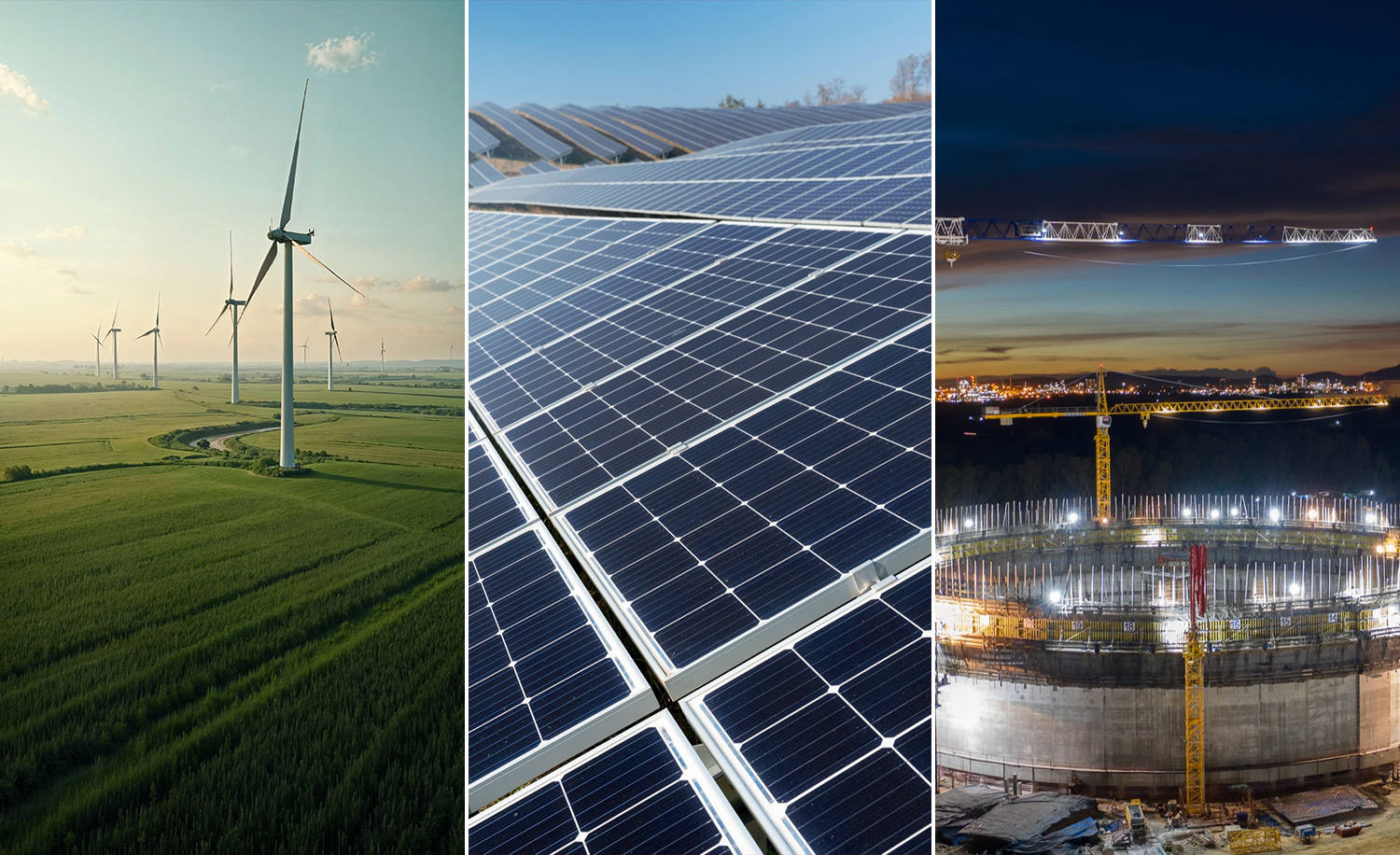
What Is Energy Insurance and Why Is It Critically Important?
The energy sector, due to its high-capital investments and the necessity of uninterrupted production, is one of the most sensitive areas in terms of risk management. Both traditional power generation facilities such as natural gas and coal, and renewable energy projects like wind and solar, are exposed to numerous internal and external risks from the start of the project through to its operational phase.
Energy insurance is a set of specialized policies that provide coverage for a wide range of risks in energy projects and facilities—such as fire, natural disasters, equipment failure, business interruption, third-party damages, and environmental harm.
Types of Energy Insurance and Their Coverage
Power Generation Facility Insurance
-
Provides comprehensive protection for the assets and equipment of facilities such as thermal power plants, hydroelectric dams, solar and wind farms against risks like fire, explosion, storm, flood, and earthquake.
-
Customized coverage based on plant type: e.g., storm and lightning protection for wind turbines, hail and extreme temperature damage for solar panels.
Construction and Erection Insurance (CAR/EAR)
-
Covers unexpected incidents such as fire, theft, natural disasters, or work accidents during the construction and assembly stages.
-
An essential policy for EPC (Engineering, Procurement, and Construction) firms and investors.
Machinery Breakdown and Electronic Equipment Insurance
-
Provides compensation for internal breakdowns or damage in costly machinery such as turbines, generators, and compressors.
-
Minimizes the financial impact of sudden and unexpected mechanical failures.
Loss of Profit / Business Interruption Insurance
-
Compensates for revenue loss due to production interruption following damage.
-
Covers not only physical damage but also protects cash flow and return on investment during downtime.
Liability and Environmental Pollution Insurance
-
Liability coverage for damages to third parties or the environment.
-
Includes environmental pollution coverage tailored for projects that are subject to strict environmental regulations.
Added Value of Energy Insurance
-
Builds Investor Confidence: International financial institutions require adequately insured policies before providing funding for energy projects.
-
Supports Contractual Obligations: Fulfills insurance requirements under EPC and O&M (Operation & Maintenance) agreements.
-
Strong Risk Management Shield: Ensures operational safety against major risks from natural disasters to technical malfunctions.
-
Reputation Management: Having insurance coverage enhances your company’s reputation on both national and international levels.
Who Should Have Energy Insurance?
-
Electricity Generation Companies (e.g., thermal, hydro, solar, wind)
-
Renewable Energy Investors and Project Developers
-
Energy Distribution and Transmission Companies
-
EPC Firms and Contractors
-
Institutions Financing Energy Projects
-
Power Plant Operation and Maintenance Companies (O&M)
What Do You Secure with Energy Insurance?
✅ Facility assets from the initial investment phase
✅ Long-term business continuity
✅ Operational risks and unexpected shutdowns
✅ Environmental and third-party liabilities
✅ Project financing and contractual obligations

